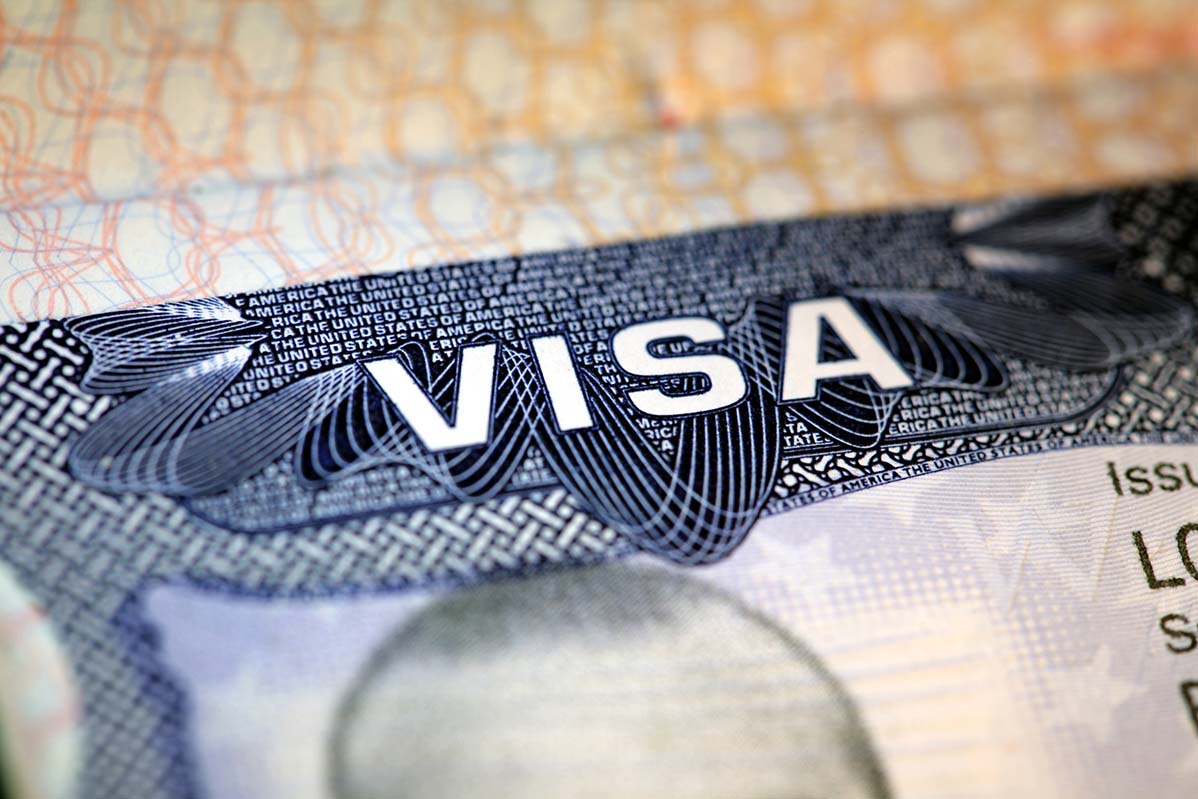The U.S. Department of State’s low prioritization of visitor visa (B-1/B-2) processing is severely hindering the U.S. economic recovery, keeping an estimated 6.6 million potential visitors from travelling to the United States in 2023 at a loss of $11.6 billion in projected spending, according to new analysis released today by U.S. Travel Association economists.
“Outrageous wait times send a message to travelers that the United States is closed for business,” said U.S. Travel Association President and CEO Geoff Freeman.
“Unacceptable visa delays are harming the American workforce and it is long past time for the Biden administration to solve the problem.”
Wait times for visitor visa interviews now exceed 400 days for first-time applicants from top source markets—an immense deterrent that is undercutting America’s global competitiveness—sending millions of potential visitors and billions in traveler spending to other nations.
The U.S. Department of Commerce’s newly released National Travel and Tourism Strategy identifies inbound travel as an economic priority and sets a national goal of welcoming 90 million international visitors by 2027.
The State Department’s lack of urgency on this issue is in direct conflict with the Commerce Department’s objectives.
“Excessive visa delays are essentially a travel ban—no one is going to wait 1-2 years to interview with a U.S. government official to gain permission to visit the United States,” Freeman added. “Our new research shows that millions of potential visitors will simply choose other destinations—destinations that effectively compete for their business.”
While the U.S. Department of State has made progress in processing other visa categories—such as H-2B and student visas—first-time applicants for visitor visas are neglected by the agency.
It is in the United States’ economic interest for the State Department to accelerate interviews as these visitors account for a significant portion of U.S. travel exports.
Spending losses from just three top markets—Brazil, India and Mexico—could total more than $5 billion in 2023.
New Survey: Millions Will Choose Other Countries
A new Morning Consult survey conducted of likely international travelers in Brazil, India and Mexico (who do not already have a valid U.S. visa) found strong interest in visiting the United States, but the majority said they would likely choose another country to visit if wait times for visa interviews exceeded a year (61% of Brazilians, 66% of Indians and 71% of Mexicans).
In Brazil, India and Mexico alone, the U.S. is losing the ability to compete for:
Brazil: 3.6 million visitors and $15.6 billion in spending
India: 3.5 million visitors and $13.3 billion in spending
Mexico: 7.1 million visitors and $4.1 billion in spending
The U.S. Travel Association has called on the State Department to make first-time visitor visa processing an economic priority and has shared several policy recommendations with the agency to help resolve this problem.
The association’s urgent calls for a solution were echoed by more than 60 bipartisan members of Congress in a recent letter to Secretary of State Antony Blinken.
“With a recession looming on the horizon, the United States simply cannot afford to turn away billions of dollars in visitor spending,” said Freeman. “The Obama administration effectively addressed a similar problem and we call on the Biden administration to do the same.”
Tags: U.S. Travel Association
